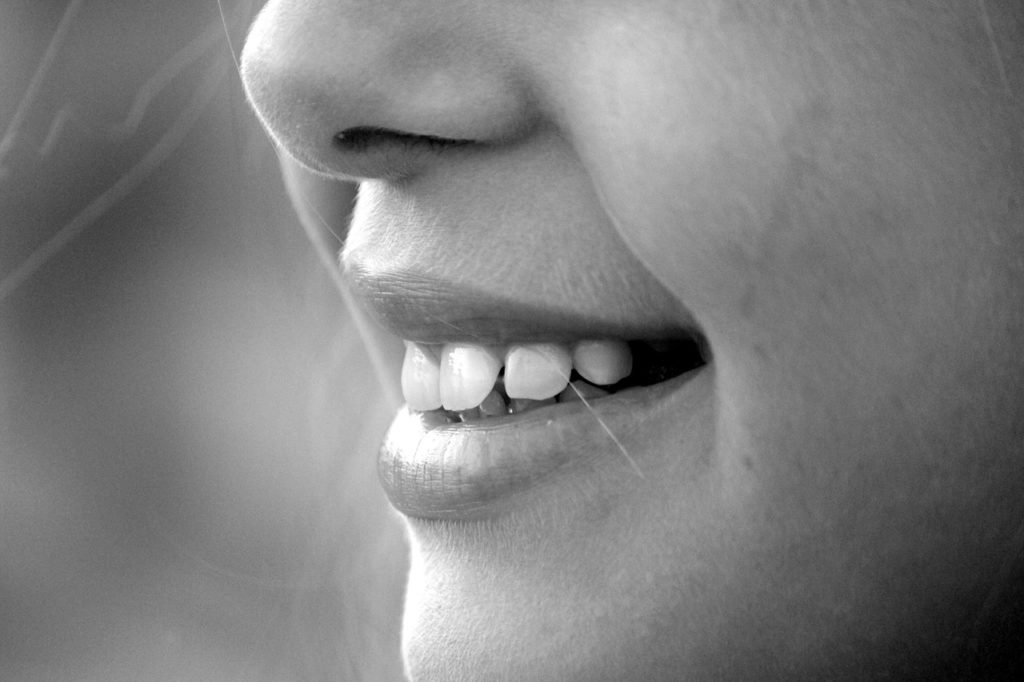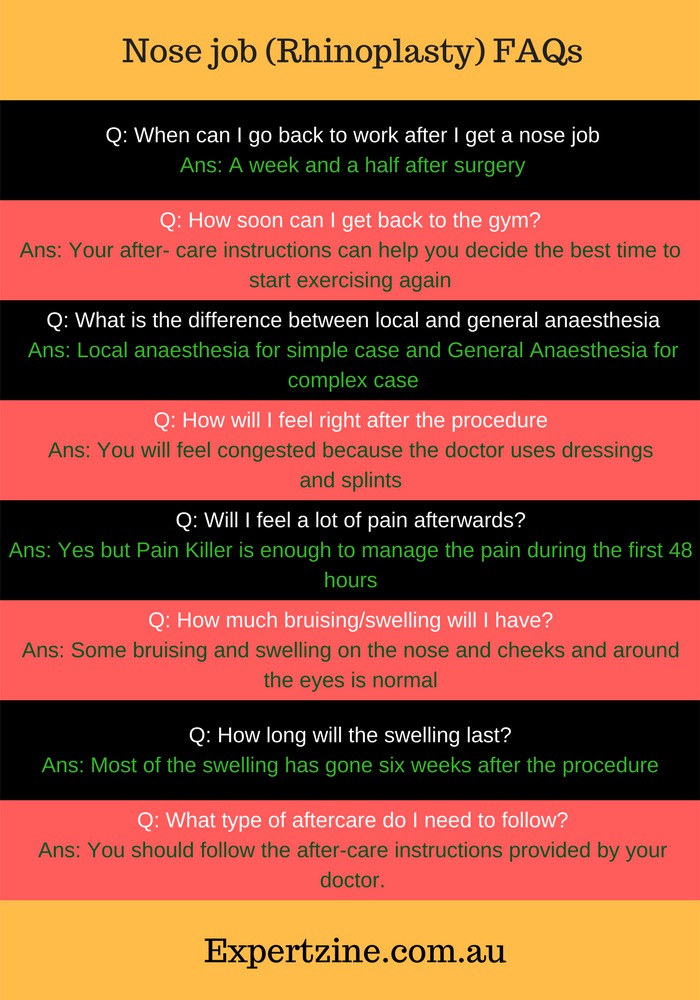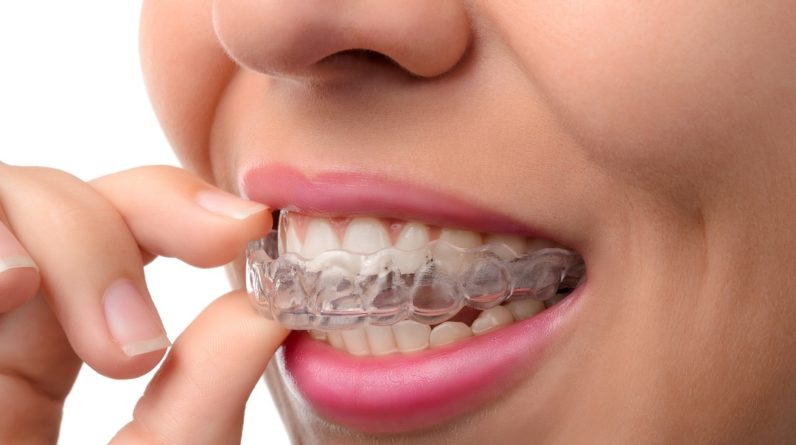
There are some guidelines for the pre-rhinoplasty and post-rhinoplasty period. Before you go through, the rhinoplasty surgery, you should know those guidelines perfectly. Here are some tips about rhinoplasty surgery.

Question: When can I go back to work after I get a nose job?
Answer: While you should feel well enough within two days after the procedure to do light activity, most people return to work a week and a half after rhinoplasty surgery. This provides them enough time to have their stitches and splints removed and to let any swelling and/or bruising start to get better before returning to work.
Question: I work out regularly. How soon can I get back to the gym?
Answer: Your nose is prone to swelling for the first three weeks after the procedure, and strenuous activity is not recommended for at least the first seven days. Your after- care instructions, which are meant to help you heal without infection or injury, can help you decide the best time to start exercising again.
Question: What is the difference between local and general anaesthesia?
Answer: Most simple procedures can be done using local anaesthesia. The doctor injects pain-numbing medication into the nose while an I.V. line feeds you a sedative. You’ll be awake, but feel groggy and not very alert.
For more complex cases, the doctor may recommend general anaesthesia, which means you’ll be unconscious during the procedure. An extremely small number of patients do develop an adverse reaction to the anaesthetic and need to remain overnight to recover. Discuss any concerns you have about general anaesthesia with the doctor.
Question: How will I feel right after the procedure?
Answer: You’ll probably wake up feeling congested because the doctor uses dressings and splints to help your nose keep its new shape. These are removed within about a week of the procedure. You may continue to have some congestion for several weeks, while the swelling inside your nose subsides.
Question: Will I feel a lot of pain afterwards?
Answer: Everyone experiences pain differently, but most people find that over-the-counter painkillers are enough to manage the pain during the first 48 hours after the procedure.
Question: How much bruising/swelling will I have?
Answer: Some bruising and swelling on the nose and cheeks and around the eyes is normal. These are usually better within 10 days, which is when most people choose to return to work.
Question: How long will the swelling last?
Answer: It usually takes two to three weeks for the swelling to go down by half, with most of the swelling has gone six weeks after the procedure. Do remember though that until you’re fully healed, your nose will swell if you do anything strenuous.
Question: What type of aftercare do I need to follow?
Answer: You may feel well enough within a few days after the procedure to start doing light activity. It’s very important though that you follow the after-care instructions provided by your doctor. These instructions are meant to help you heal without infection or injury, and typically include:
- Do:
- Eat high-fibre foods
- Pay attention when brushing your teeth
- Wear front-fastening tops
- Don’t:
- Blow your nose
- Do any strenuous activity





